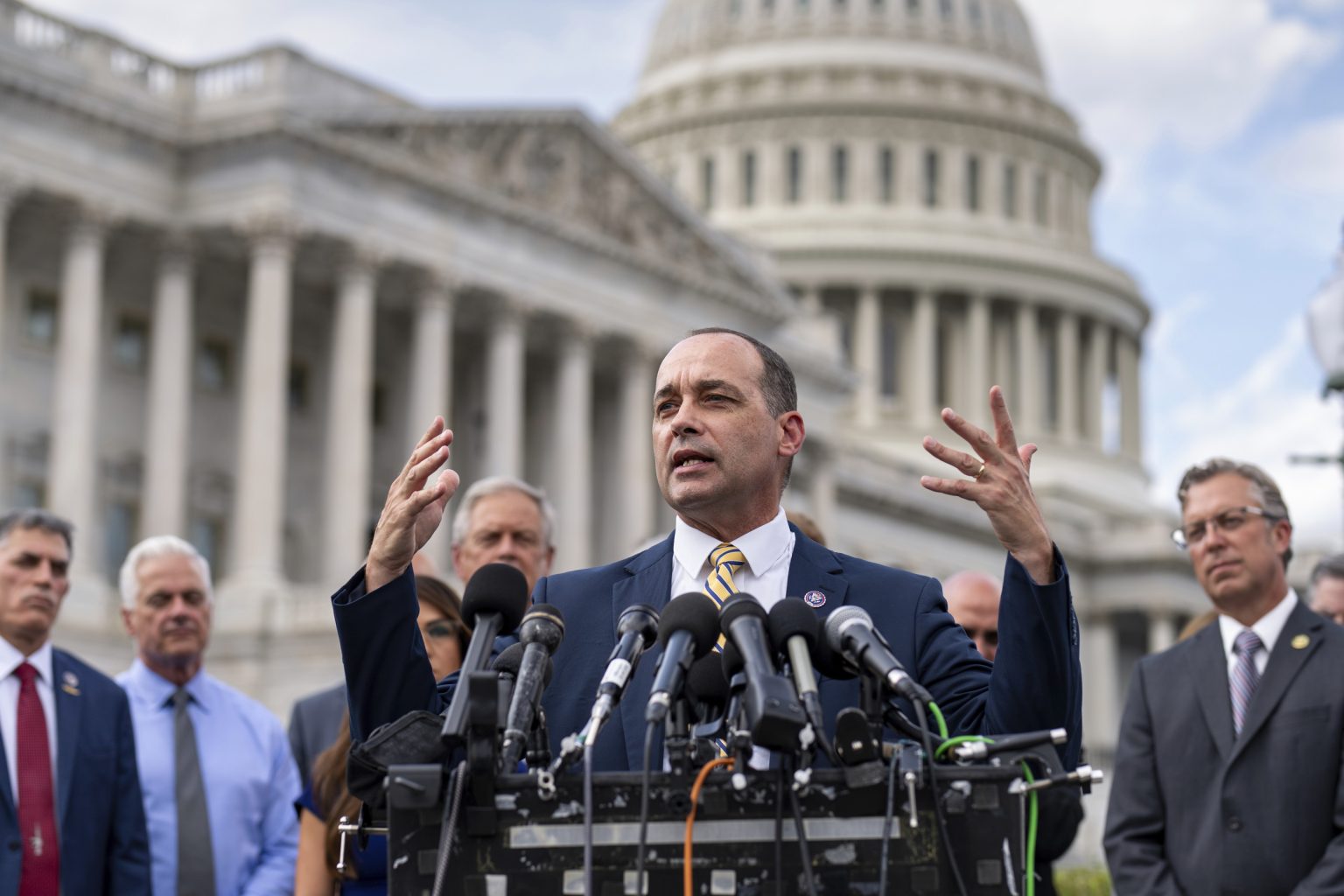Representative Bob Good of Virginia, in his farewell address to the House of Representatives, delivered a scathing critique of the institution and its workings, arguing that less governmental action is preferable. He contended that the majority of congressional activity is not only unproductive but also unconstitutional, unwarranted, and often detrimental. Good further asserted that Republicans should embrace the criticism that the recent Congress achieved less than its predecessors, implying that legislative inaction is a positive outcome. He questioned what Republicans could have accomplished with bipartisan support from President Biden and Senate Majority Leader Schumer, suggesting a fundamental incompatibility of agendas.
Good’s political trajectory took a sharp turn when he lost his primary challenge to Virginia State Senator John McGuire, a candidate endorsed by former President Donald Trump. This defeat marked a significant turning point, as Good became the first House Republican to lose a primary in that election cycle. The root of the conflict stemmed from Good’s initial endorsement of Florida Governor Ron DeSantis in the Republican presidential primary, a move that put him at odds with Trump. While Good eventually endorsed Trump after DeSantis withdrew from the race, the damage was done, and Trump actively supported Good’s primary opponent. Trump publicly criticized Good on his social media platform, Truth Social, accusing him of betraying the movement and only offering a belated endorsement.
Good’s farewell speech reflected the complexities of his political journey. He lamented the unfulfilled opportunity to serve alongside Trump during a hypothetical second term, a scenario thwarted by Trump’s 2020 election loss to President Biden. He framed his congressional efforts as a necessary defense against the Democratic agenda, implying that his actions were reactive rather than proactive. This narrative underscores the deep partisan divisions within Congress and the perceived imperative to oppose the opposing party’s initiatives.
The push to oust Good from Congress extended beyond Trump’s sphere of influence. Reports indicated that external groups affiliated with prominent Republicans, including former House Speaker Kevin McCarthy, invested substantial resources into Good’s primary race, aiming to secure his defeat. Good’s opposition to McCarthy’s speakership, along with his dissenting votes on foreign aid to Ukraine and Israel and the debt ceiling deal negotiated with the Biden administration, further alienated him from party leadership and likely contributed to the concerted effort to remove him from office. These actions positioned Good as a maverick within the Republican party, challenging established norms and priorities.
Good’s farewell address can be interpreted as a reflection of the increasing polarization within American politics. His emphasis on minimizing government action, coupled with his defiance of party leadership, resonates with a segment of the electorate that favors limited government intervention and a more confrontational approach to political discourse. His defeat in the primary, however, suggests that this approach may not represent the majority view within the Republican party, at least in his district. The significant financial investment from establishment Republicans to unseat him highlights the internal tensions within the party and the ongoing struggle between different factions.
Good’s departure from Congress marks the end of a tumultuous tenure characterized by ideological clashes and a strained relationship with party leadership. His farewell remarks serve as a parting shot, reiterating his belief in limited government and his critique of the institution he is leaving. His political future remains uncertain, but his time in Congress provides a case study of the challenges faced by those who challenge established norms and power structures within their own party. His story also underscores the influence of external forces, including former President Trump, in shaping the political landscape and determining the fate of individual lawmakers.

